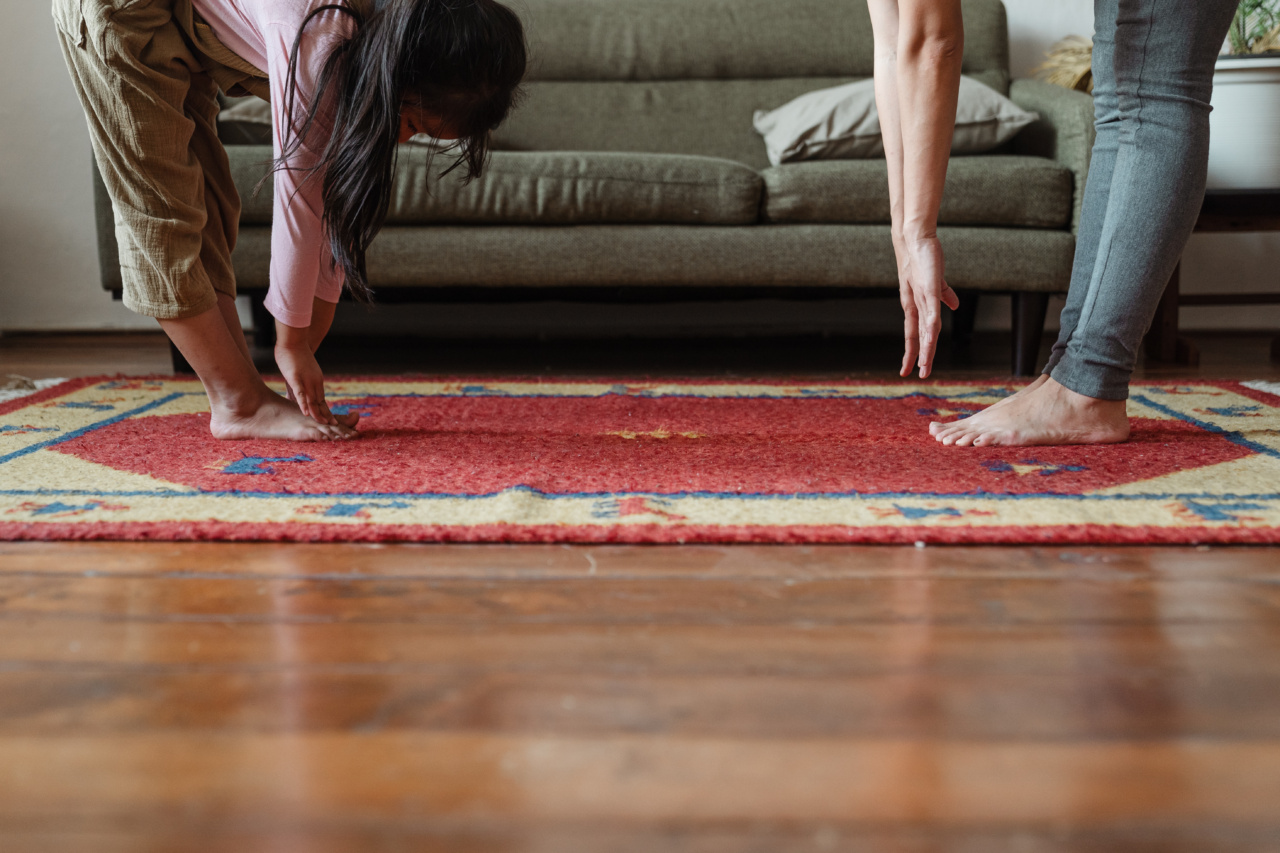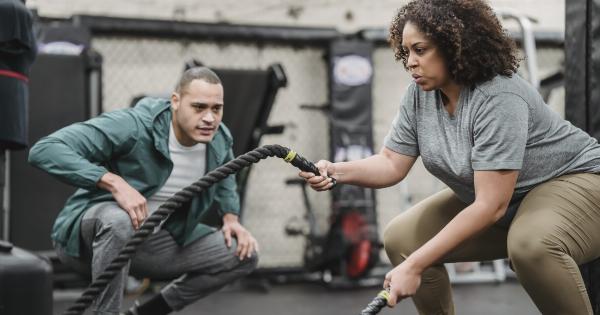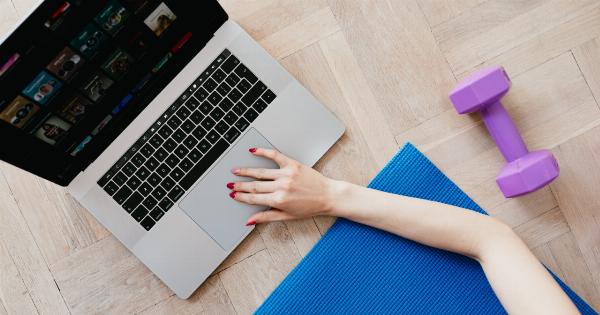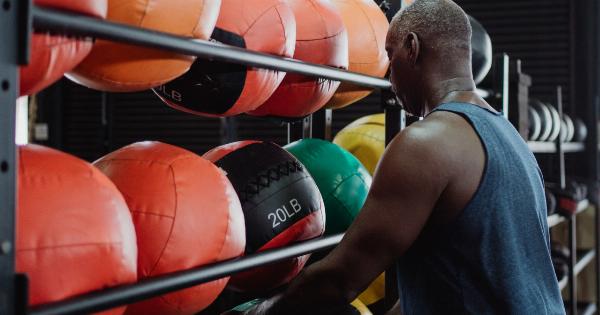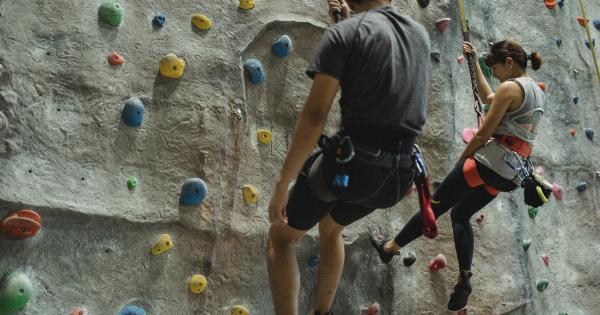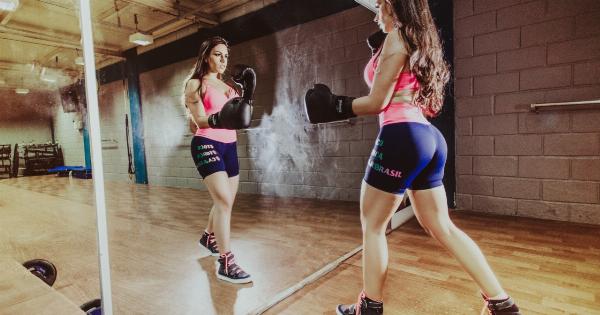Exercising is an essential part of living a healthy lifestyle.
Whether you are working out to build muscle, lose weight, improve your mental health, or simply feel good about yourself, the best time to exercise can vary depending on what you have eaten and how long ago you had your last meal. In this article, we will explain the various factors that affect the timing of your workout when exercising after eating.
The Importance of Timing Your Workout
The timing of exercising after eating is crucial for several reasons. Firstly, the food you consume affects your body’s metabolism, which determines how quickly and efficiently your body burns calories.
Secondly, when you eat a meal, your body needs time to digest the food, which can impact the quality and intensity of your workout. Lastly, exercising on a full stomach can lead to discomfort, nausea and digestive problems.
Factors That Affect Your Ability to Exercise After Eating
The following are key factors that determine how soon or how long you should wait to exercise after eating:.
#1 Your Food Intake
The type and amount of the food consumed have significant effects on the timing of your workout. Sugary or carbohydrate-heavy foods like bread, pasta, and pastries can cause a sudden surge of glucose, which can be problematic during exercise.
Similarly, high-fat meals such as fried food, cheese, and meat, take longer to digest and can cause a sluggish feeling, making it challenging to carry out intense workouts. On the other hand, well-balanced meals consisting of healthy fats, protein, carbohydrates (complex carbs) provide sustained energy and have a more significant impact on muscle building.
#2 Meal Size
The size of the meal also plays a critical role in the timing of your workout. Larger meals require prolonged digestion time, usually up to 2-3 hours, and can make you feel bloated, making it challenging to exercise.
The size of the meal may also depend on the intensity, duration, and type of exercise you plan to carry out. For instance, high-intensity workouts or long-distance runs require more energy and therefore demand a bigger meal.
#3 Exercise Intensity
The intensity of your workout also affects how soon you can exercise after eating. Generally, moderate to low-impact exercises like yoga, cycling, and walking can be done within an hour or more of eating.
High-intensity workouts like weight training, running, and sprinting usually require a more extended gap, usually 2-3 hours between meals and exercise. Intense exercises require more blood to the muscles, so exercising too soon after eating can divert blood flow to the gut muscles, causing cramps.
#4 Personal Digestive Factors
Personal factors such as age, body type, gender, and digestion rate also play a significant role in determining the timing of your workouts.
The digestive system slows down with age; therefore, older people should wait longer after eating before vigorous exercise. Men and women may also digest food at different rates, making it essential to determine how long it takes your body to digest food to time your exercise.
Tips for Exercising After Eating
Now that you understand the various factors that affect the timing of your workout, here are some helpful tips to ensure that you exercise safely after eating:.
#1 Don’t Exercise Immediately After a Meal
Wait at least 30 to 60 minutes after eating before engaging in any moderate to intense exercise. This will allow the body enough time to digest the food, preventing potential digestive issues and discomfort.
#2 Choose the Right Foods
Selecting the right foods is also crucial before a workout. Stick to light meals that are lower in fat and carbohydrates and high in protein. Foods like whole-grains or fruits are also useful.
Ensure to steer clear of foods high in sugar, which provide an instant energy boost but quickly dissipate, causing fatigue and other adverse effects.
#3 Consider Liquid Meals
Liquid meals like smoothies or protein shakes are ideal meals before exercising, as they are easier to digest and can provide the necessary nutrients for your workout.
This is especially beneficial for people with sensitive guts or those who experience digestive issues when eating solid meals before working out.
#4 Adjust the Timing of Your Meals to Your Work Out Schedule
If you prefer exercising earlier in the day, it is best to eat your largest meal of the day the night before.
On the other hand, if you prefer to work out later in the day, have your largest meal in the morning and a lighter meal later in the day, at least two to three hours before your workout.
Conclusion
In conclusion, timing your workout is an essential aspect of exercising, and it is crucial to pay attention to your body’s reaction to food before engaging in rigorous activities.
Remember to consider the timing, type of food, your personal digestive factors and exercise intensity before working out. Using the tips above, you’re on your way to achieving your fitness goals safely and efficiently.
